The Pomegranate Lady and Her Sons
by Goli Taraghi
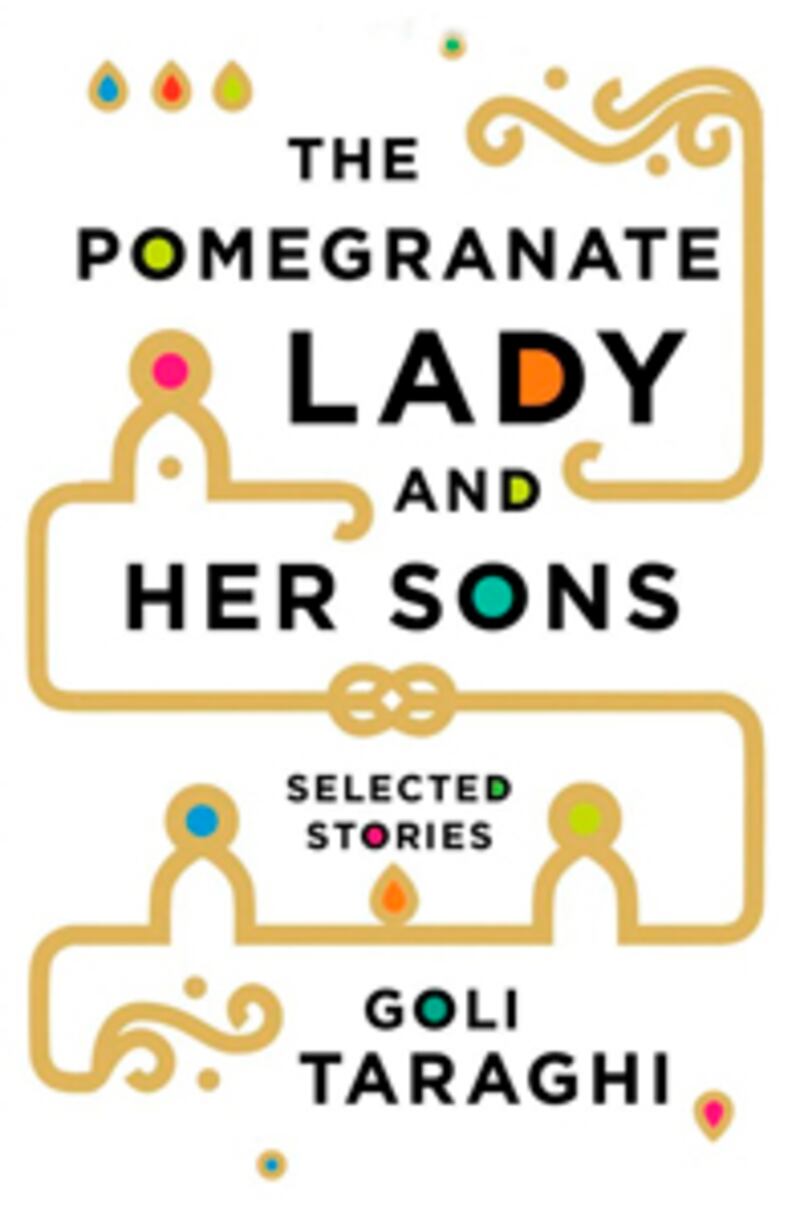
Born in Tehran in 1939, Goli Taraghi was a teenager during Iran’s 1953 coup and a grown woman during the 1979 revolution. Both upheavals feature prominently in her writing, but the stories collected in The Pomegranate Lady and Her Sons are hardly polemical. Political tumult instead merely provides the backdrop of the transformations of her characters, young and old. The adolescent girls of “Flowers of Shiraz” can hardly comprehend the change underway in their country: In the run-up to Mossadeq’s ouster, they ride their bikes through the city, meeting for ice cream, flirting with boys, and racing through the hills, despite the protests on the streets. Mitra, Gol-Maryam and Parivash wear their political allegiances as lightly as their crushes. That’s not to say Taraghi isn’t interested in history’s course; she plays a long game in many of her stories, following the fates of characters across decades and continents. In “The Gentleman Thief,” a math teacher-turned-smalltime-burglar sneaks into the narrator’s house. “Excuse me,” he says. “With your permission I will take this bowl and clock and I will leave.” (Before escaping out the window, he asks for a glass of water, too.) Only many years later does his full story emerge, when the narrator returns from Paris to visit her ailing uncle. Much to her surprise, the former thief is now her uncle’s caretaker and loyal companion. A similarly complicated fate unfolds in “Amina’s Great Journey,” the tale of a big-eyed Bangladeshi maid named Amina who spends her days daydreaming of movie stars. The story charts Amina’s slow transformation from a gullible young girl who is complicit in her greedy husband’s abuse to a confident woman intent on educating her children. Taraghi carves out space for mysterious forces—powerful coincidences, supernatural spirits and uncontrollable compulsions—in her stories. But at the heart of these tales are just ordinary people, caught in strange times.
—Mythili Rao
by J.G. Ballard
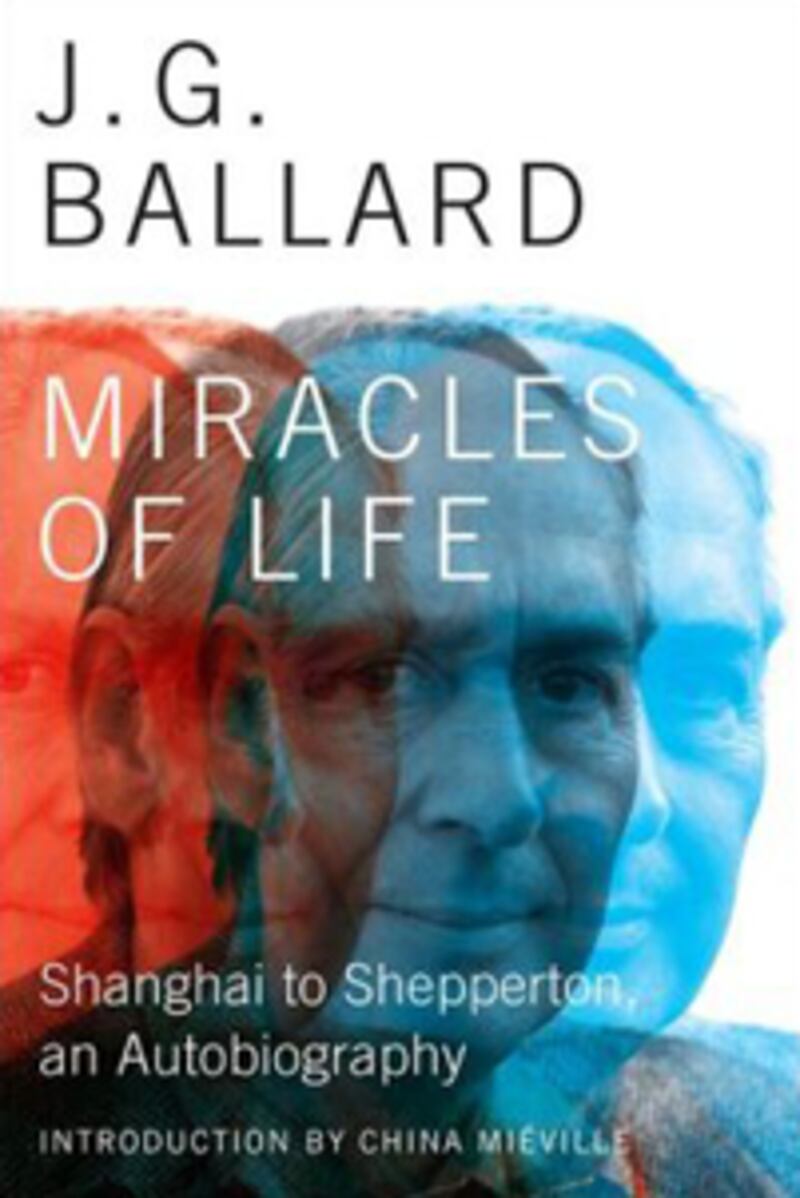
James Graham Ballard’s science fiction has no robots and no rockets, and the future and the present are equally dystopian. It mirrors French postmodernist Jean Baudrillard’s hyperreal—the simulacrum is not a copy but a truer world than our own. It folds and divides, jumps and tunnels. The mind of the protagonist ofThe Atrocity Exhibition is splintered by mass media, and processing pop-culture and public events like John F. Kennedy’s assassination and Marilyn Monroe’s suicide is as important as distinguishing between what is real and what is not. The people of his auto-erotic novel Crash coil sex, death, and the motor car, a megadose of pleasure brew. How did it come to this? Ballard’s autobiography,Miracles of Life, his last book, is illuminating. Available in the U.S. for the first time, the book tells the factual version of the fictional story that readers might know from the novel Empire of the Sun, or moviegoers might know from the Spielberg film based on it. Born in Shanghai in 1930, Ballard and his parents were interned at the Lunghua Camp when the Japanese invaded during World War II. (In the novel, Ballard writes his parents out of the camp, making young Jamie Graham even more alienated.) The hyperreal war switched on Ballard’s imagination, but it was another tragedy that yoked Ballard’s fictional world together. In 1955 he married, and he had three children, but in 1964 his wife, Mary, died suddenly of pneumonia. His writing became “a desperate attempt to prove that black was white, that two and two made five in the moral arithmetic of the 1960s,” Ballard wrote, as he tried to make sense of Mary’s death, the assassination of JFK, and the countless deaths of WWII into something meaningful. “Then, perhaps, the ghosts inside my head, the old beggar under his quilt of snow, the strangled Chinese at the railway station, Kennedy and my young wife, could be laid to rest.” Ballard died of prostate cancer in 2009.
—Jimmy So
Honorby Elif Shafak
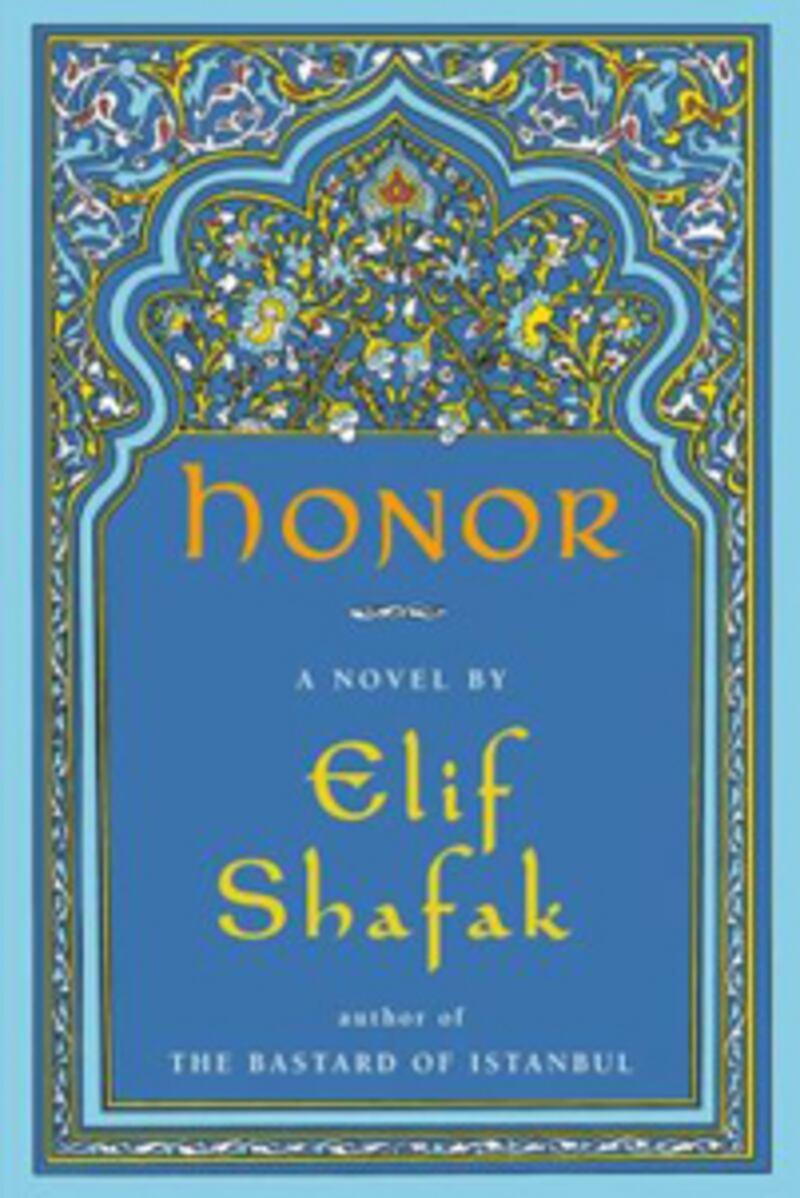
Moments after twin sisters Pembe and Jamila are born in a Kurdish village, their mother falls into a 40-day silence. Why didn’t God give her a son? When she finally speaks, it’s to give her seventh and eighth daughters names: Destiny and Enough. When a young Turkish man named Adem arrives in their village, he falls in love with Jamila, but takes Pembe as his wife. In the early 1970s they move to London, where Pembe struggles to raise her stubborn daughter Esme and her two sons, strong-willed Iskander and sensitive Jonas. When Adem gambles away his wages and leaves his family for an exotic dancer, Pembe is forced to find work cleaning houses and cutting hair. Jamila, who stayed behind and became the spinster midwife of the village, learns of her sister’s hardships through her letters. Poverty and a fractured marriage, though, are small misfortunes compared to the misogyny and patriarchal oppression that dogs the twins their entire lives. “Men had honor,” the girls’ mother explains. “Women did not have honor. Instead, they had shame.” Shafak’s plot is marvelous and delicately layered, though tryingly histrionic too—the story relies heavily on coincidence and cliché. But as it climaxes in a horrific murder, it’s the intelligent and conflicted voices of Esme, Iskander, and Jonas that illuminate the novel’s central paradox: what is a family, and how is its honor upheld? Trapped between cultures, oblivious to the events that have shaped their parents’ lives, Pembe and Adem’s children fight to carve identities of their own, even as their family is collapsing before them. Though her writing has previously landed her in trouble with the authorities (for “insulting Turkishness”), Shafak’s vivid, multigenerational sagas and explorations of gender discrimination have won her a loyal following among Turkish readers. With its rich emotions and tangled cultures Honor is sure to win over American readers too.
—Mythili Rao
The House of Mourning and Other StoriesBy Desmond Hogan
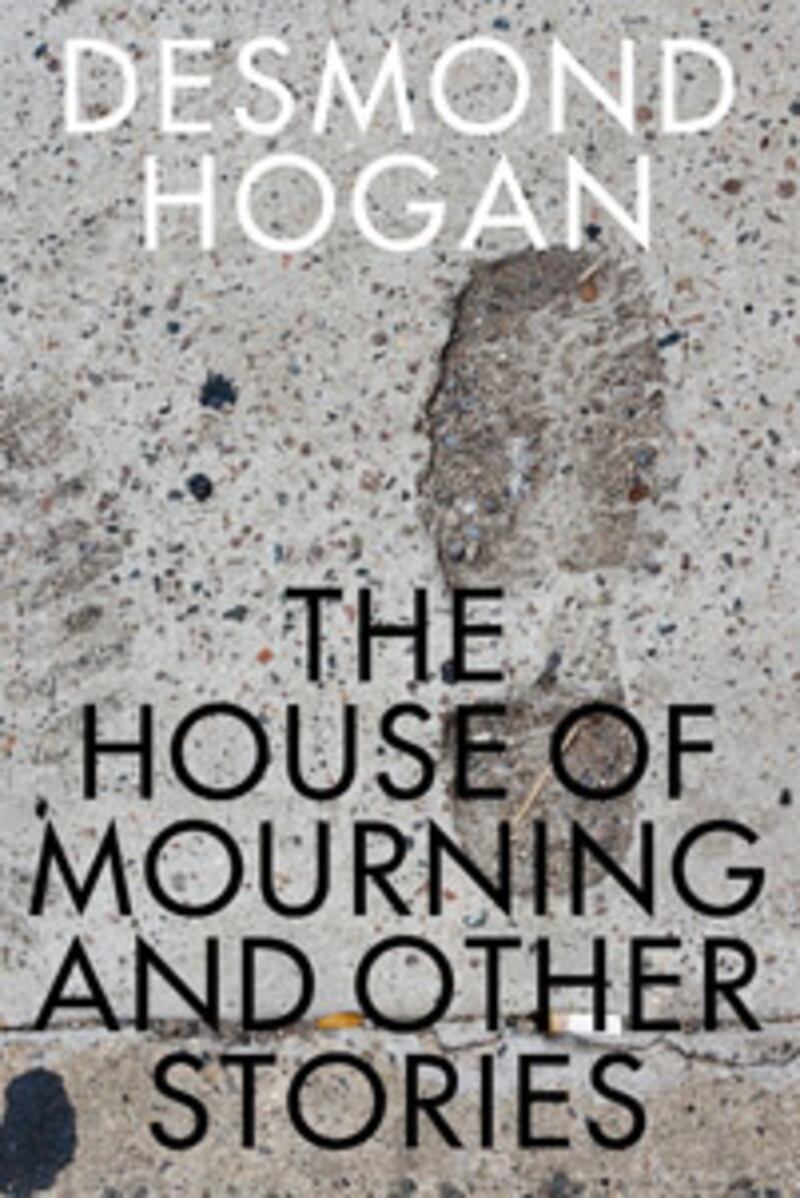
Back in the 1980s, Desmond Hogan was a writer to watch, one of those figures who could light up a London literary party just by showing up. The following decade, though, he fell completely out of sight—even his close friends couldn’t track him down. Today, his name elicits blank stares more than anything else, but the Irish author is back with a short-story collection that seeks to restore his place among the likes of Ian McEwan, Salman Rushdie, and Kazuo Ishiguro. In form, the stories range from impressionistic to fairly linear. In content, they deal in lost loves, lost opportunities, and the ambivalence inspired by a difficult childhood. Protagonists often remember a brief relationship that lingers still, decades later. In the title story, a murdered boy is remembered through a series of flashbacklike sketches. Here, Hogan shows an eerie knack for placing pop-culture references in places where they shouldn’t belong, but do. Collectively, the stories evoke an Ireland that disappoints even as it captivates, as gloomy and inscrutable as the author who conceived them.
—Sarah Stodola
Snow Huntersby Paul Yoon
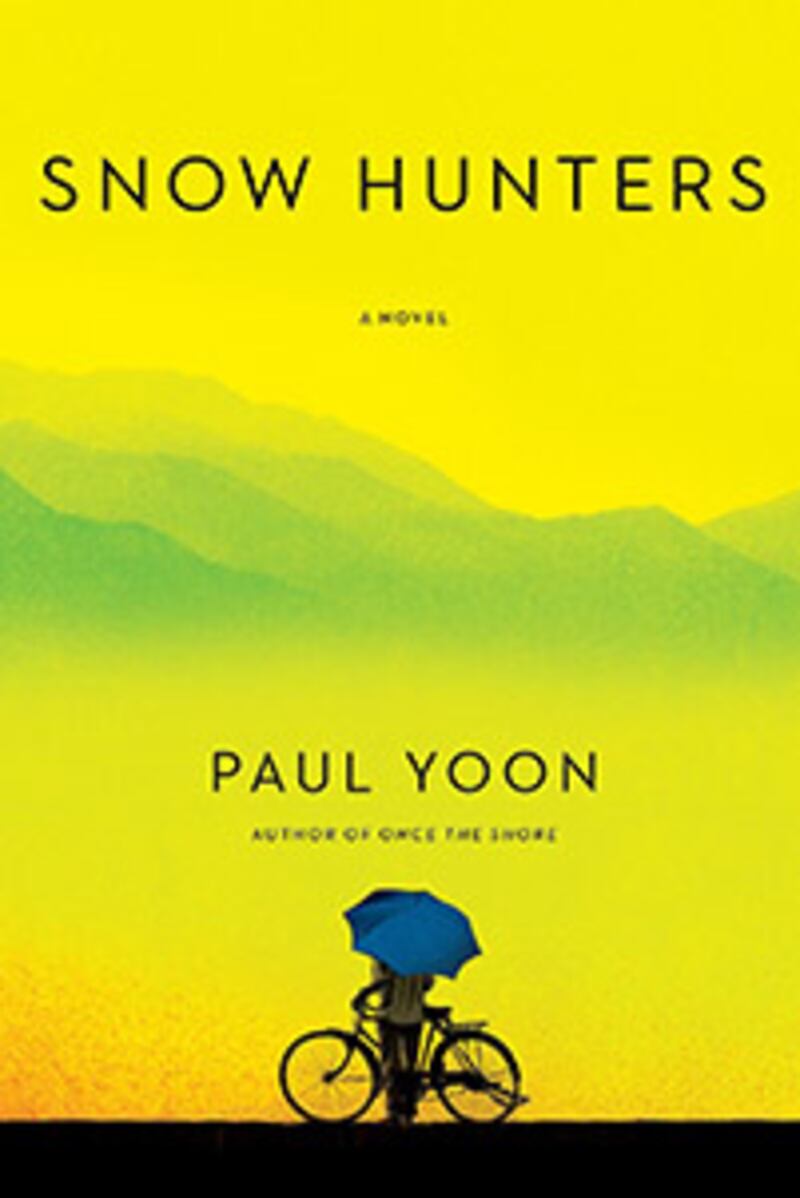
One symptom that oppressive Stalinist regimes, of which North Korea is a fine example, tend to visit on their citizens is an intentional infantilization, where knowledge of the true state of the world is kept hidden in favor of the party-approved truths. When someone with this background somehow finds their way out, then, they view things with wonderment that those of us raised in free societies can scarcely imagine. Snow Hunters, Paul Yoon’s first work since 2009’s lauded Once the Shore, tells the story of Yohan, a North Korean soldier who defects after being captured in the Korean War and settles in Brazil, where he stumbles into work as the apprentice of a Japanese tailor. Here he slowly comes to grips with his past as he builds a new home for himself, with the help of a group of locals. Yoon shows that he knows how to write properly “economic” prose, reminiscent, perhaps, of Ha Jin, but he also knows when to let a bit more of the iceberg show through. In his employment of such a style (which relies on the careful establishment of a mood and therefore resists excerpting), Yoon has mirrored beautifully the motion of a mind, overloaded in the stresses of war, as it struggles to accept the possibility of peace.
—Nicholas Mancusi
Pilgrim’s WildernessBy Tom Kizzia
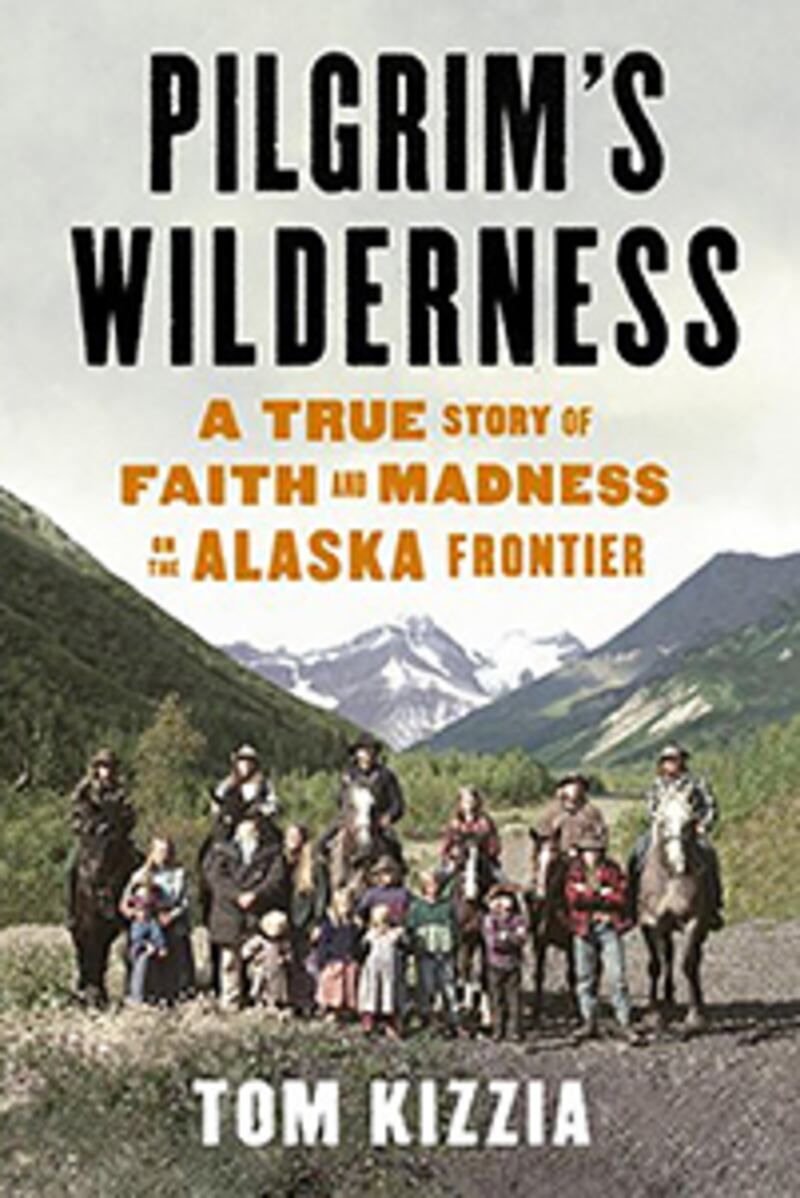
“To Love Him You Must Obey Him.” The words have been scrawled into the concrete footing of a makeshift dwelling in the mountains of New Mexico. It is home to Papa Pilgrim, a literal-minded, self-fashioned prophet; his wife, Country Rose; and their 15 dutiful children. But they don’t stay long. Pilgrim leads his family west, towards a promised Jerusalem—in the Alaskan outback. Upon arriving in the tiny town of McCarthy, the family drive their snowmachines onto federal land, occupies an abandoned mining structure, and christens it “Hillbilly Heaven.” A darkly American drama ensues. Speaking in his “strange King James diction and plaintive Texas drawl,” Pilgrim captivates a post-frontier community, and sparks a standoff with the National Park Service, as well as child welfare advocates, who fear another Waco siege. To park-loving non-believers, longtime Alaskan journalist Tom Kizzia’s Pilgrim’s Wilderness may seem predictably voyeuristic, like rubbernecking at a pileup of religious and political extremists. One never roots, or feels, for Pilgrim. From the start, we see him as he is: a despot and a swindler, a Dallas blue-blood with FBI ties, fleeing a violent past. However, emotional payoff arrives in the final chapters during rousing courtroom scenes. With even reporting and spare, lovely prose, Kizzia exposes the tyrannies of faith, and a family’s desperate unraveling. It will make your skin crawl.
—Damaris Colhoun







